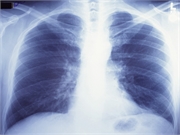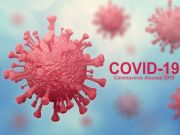
(HealthDay News) — All 50 states have started reopening their economies as of Wednesday, more than two months after the new coronavirus first forced America into lockdown. Connecticut will be among the last states to return to business, when its stay-at-home order lifts and stores, museums and offices are allowed to reopen, The New York… read on >





























